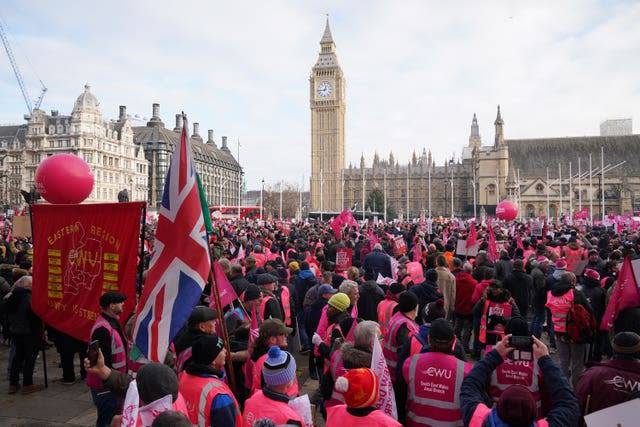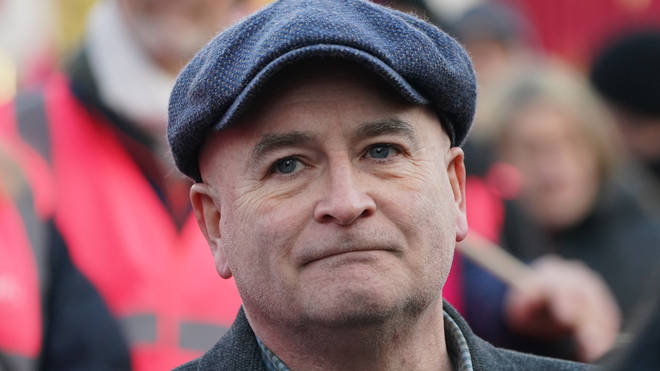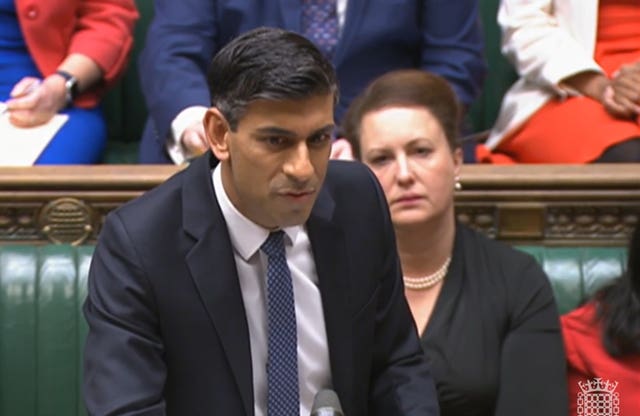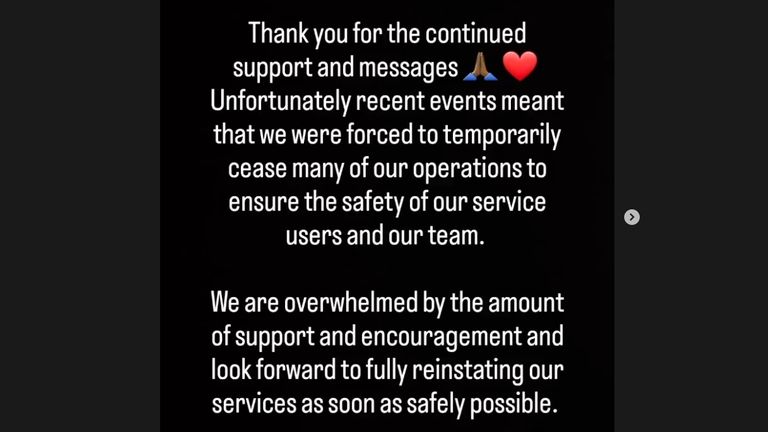By Mary Ilyushina
December 9, 2022
RIGA, Latvia — A Russian court on Friday sentenced an opposition politician, Ilya Yashin, to eight years and six months in prison on charges of “spreading false information” about atrocities by Russian forces in Ukraine — the latest criminal verdict intended to silence critics of President Vladimir Putin’s war.
Yashin, 39, posted a YouTube video in April in which he dissected the potential war crimes documented by Western journalists and Ukrainian officials in the city of Bucha, near Kyiv, in an effort to debunk the official Kremlin line that those reports were staged or fabricated to smear Russia.
The Kremlin in the early days of its invasion took aggressive steps to suppress criticism of the war by pushing through laws that made it illegal to criticize the military or the government, or even to call the war a “war” rather than a special military operation, with violations punishable by up to 15 years in jail.
While there have been dozens of prosecutions, the laws have been enforced selectively to target longtime opponents of Putin such as Yashin, while pro-war hawks and Kremlin propagandists are allowed to engage in fierce criticism of Russian military commanders who have overseen heavy battlefield losses.
Yashin’s YouTube video served as the basis of the criminal case initiated against him under the new laws, which also prohibited disseminating what the authorities consider “fake news” about the Russian military.
The threat of long prison sentences and the Kremlin’s far-reaching attempts to quash any dissent prompted thousands of Russians to flee the country, but some, like Yashin, decided to stay.
Shortly after the sentence was announced, Yashin’s lawyers posted a defiant message on his Telegram blog, urging his supporters to continue to protest the invasion.

“The trial was supposed to serve as the denunciation of ‘an enemy of the people,’ i.e. me, but it turned into an antiwar tribune, and in response, we only heard prosecutor’s incoherent Cold War slogans,” the post said. “I can only repeat what was said on the day of my arrest: I am not afraid, and you should not be afraid. Changes are coming.”
Yashin is a veteran of the anti-Kremlin opposition who rose to prominence during mass protests against fraudulent national parliamentary elections and Putin’s return to the presidency in 2011 and 2012. Later, Yashin led the People’s Freedom Party, known as PARNAS, and served as a municipal official in Moscow’s Krasnoselsky district.
During this week’s hearings in Yashin’s case, the prosecutor, Sergei Belov, accused the politician of spreading “Western propaganda” from “unfriendly states such as the United States and its satellites.”
“Yashin directly distributes enemy propaganda of low quality,” Belov said. “While our soldiers are at the front, and millions of citizens support the troops, Yashin is helping the enemy.”
In courtroom speeches throughout the trial, Yashin spoke about the need to remain in Russia to “speak the truth loudly” and help stop the bloodshed in Ukraine.
“It’s better to spend 10 years behind bars as an honest man than to quietly burn in shame over the blood spilled by your government,” he said during a hearing Tuesday.
Putin, when asked by a reporter in a news conference on Friday whether he thinks that “eight years for words is too brutal,” said of Yashin: “Who is he? Interfering in the work of the country is unacceptable and I consider it inappropriate to question the decision of the court.”
Yashin is a close ally of opposition leader Alexei Navalny, who is also now serving a long prison sentence for violating terms of his parole on charges stemming from a fraud case that was widely derided as politically motivated. In August 2020, Navalny was nearly killed in a poisoning attack carried out by a Russian government hit squad.
“I have known Ilya Yashin since he was 18 years old, and he is probably the first friend I made in politics,” Navalny said in a message shared by his lawyers Friday on social media. “Another shameless and lawless Putin verdict will not silence Ilya and should not intimidate the honest people of Russia. This is another reason we must fight and I have no doubt that we will win in the end.”
The news of the verdict was cheered loudly by pro-war commentators. One said Yashin should “sew mittens for the army along with Navalny." Another called him “a Nazi holdover and liberal trash.”
Human rights advocates said Yashin was being persecuted for his political views.
“Ilya Yashin spoke out about some of Russian forces’ atrocities in Ukraine in full knowledge of the personal risks,” said Rachel Denber, deputy Europe and Central Asia director at Human Rights Watch. “That should never be grounds for legal action, yet the Kremlin relentlessly continues to persecute high-profile pro-democracy figures and opponents of Russia’s war in Ukraine.”
Since the beginning of the invasion, Russian authorities have arrested, detained or fined nearly 20,000 peaceful antiwar protesters and individuals who spoke out publicly against the war.
Yashin’s sentence is the harshest to date out of the nearly 100 criminal cases initiated by Russian prosecutors in the eight months since the new laws were adopted. In July, Moscow municipal deputy Alexei Gorinov was sentenced to seven years in prison on similar charges after he opened a public meeting with a moment of silence for those dying in the war.
In April, a Russian court charged dissident and Washington Post contributor Vladimir Kara-Murza under the same article, after he called the Russian government “a regime of murderers” in an interview. On Thursday, Russian media reported that Kara-Murza will remain in pretrial detention until Feb. 12.

/cloudfront-ap-southeast-2.images.arcpublishing.com/nzme/AWFQ5IKVERAQFNPPHRFJVHA4OU.jpg)
/cloudfront-ap-southeast-2.images.arcpublishing.com/nzme/YMSNYXQYD5GT3HEC7SAKNW6QCU.jpg)
:focal(1700x1239:1701x1240)/https://tf-cmsv2-smithsonianmag-media.s3.amazonaws.com/filer_public/00/6e/006eaf32-713f-4631-b3e5-a383963dbcb9/gettyimages-533745884.jpg)
/https://tf-cmsv2-smithsonianmag-media.s3.amazonaws.com/accounts/headshot/MargaretOsborne.png)











